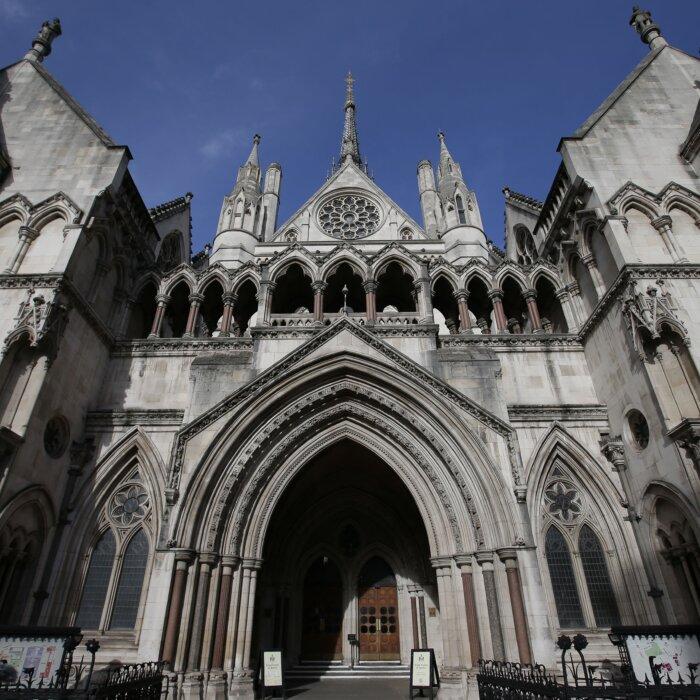TV presenter Chris Packham has reached a settlement with the government over his legal challenge against the decision to abandon or delay some net zero policies, his law firm has said.
Packham applied to the High Court for a judicial review against the previous Conservative government in late 2023, arguing that it was in breach of the 2008 Climate Act in applying the breaks on several policies from the UK’s Carbon Budget Delivery Plan (CBDP).
On Tuesday, law firm Leigh Day said Packham had reached a “legal settlement” with the new Labour government that “the previous government had acted unlawfully” by axing or watering down the controversial policies, which opponents say will come at a huge cost to ordinary people as well as to business and the economy.
Government will ‘Reconsider’
The law firm added that the government will reconsider its decisions, with a hearing due to take place in November at the High Court now no longer going ahead.In a statement, Packham said: “The former government’s electioneering saw them unlawfully disregarding key elements of the UK’s plans to aim for net zero.
“Critical policies with quantifiable carbon reduction outcomes were dumped without any thought for the impact on those plans or that government’s legal responsibilities under the Climate Change Act. It was reckless and irresponsible short-termism.
‘Terrifying Crisis’
His statement continued with the claim that we live in “a time of terrifying crisis” and that “the public and the scientists were not informed of dangerous decisions being made by a department that wasn’t even reading essential consultation summaries.”Packham added that he was “very pleased” that the new government had “willingly settled and pledged to do better,” and that he was looking forward to his forthcoming meeting with Secretary of State for Energy and Net Zero Ed Miliband to discuss future progress addressing what he termed “climate breakdown.”
The presenter said that in his opinion: “We are in peril, our planet’s future health is in the balance, (and) we cannot allow governments to play fast and loose with our future.”
‘Unacceptable Cost’
The CBDP aims to show how the country will achieve targets set out in the sixth carbon budget, which runs until 2037, as part of wider efforts to reach net zero by 2050.Sunak announced in 2023 that several schemes in the CBDP would be dropped or paused, including delaying the ban on the sale of new diesel and petrol cars from 2030 to 2035, reducing the phase-out of gas boilers from 100 percent to 80 percent by 2035, and scrapping the requirement for “energy efficiency upgrades” for homes.
He said the UK’s approach to net zero was imposing “unacceptable costs on hard-pressed British families.”
But in May, a High Court judge ruled that the government acted unlawfully by approving the CBDP in March 2023, finding the decision was “simply not justified by the evidence.”
The Department for Energy Security and Net Zero (DESNZ) said at the time that, while the CBDP remains government policy, a new report will be published by May next year as a result of the ruling.
On Tuesday, Leigh Day said the new Government has confirmed that abandoning the policies meant it “failed to meet its obligations” under climate laws, and that it will reconsider its decisions on climate policies as part of its revision of the CBDP.
Leigh Day environment team solicitor Carol Day said: “We are pleased that an agreement has been reached between our client and the Government, avoiding the need for this judicial review to be heard in court.
“The policies abandoned by the previous government were identified by the Climate Change Committee as critical to meeting our net-zero targets.
“Our client welcomes the current administration’s recognition that to remove those policies was unlawful.”
A DESNZ spokesman said: “We have carefully considered the two legal cases launched by Chris Packham against the government in November 2023 and May 2024.
“We have now settled both cases, on the basis we reconsider the challenged decisions as part of our work to update our carbon budget delivery plan.”







